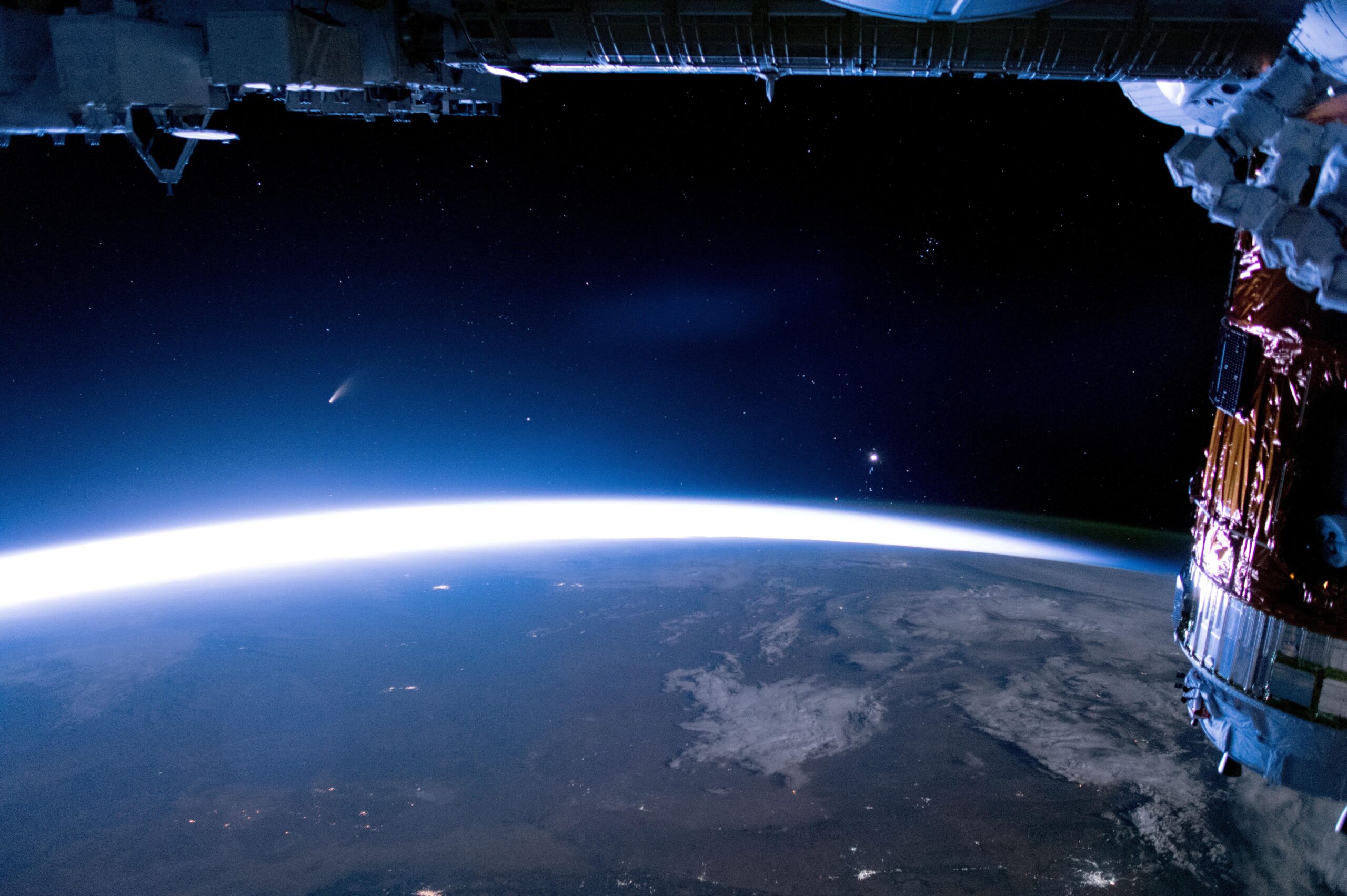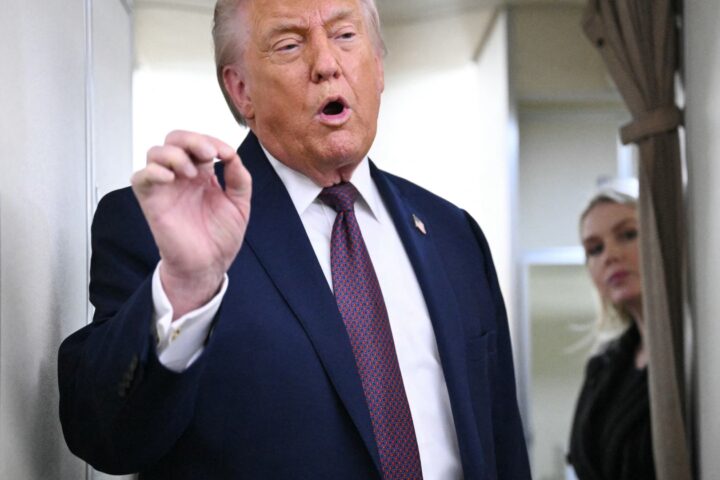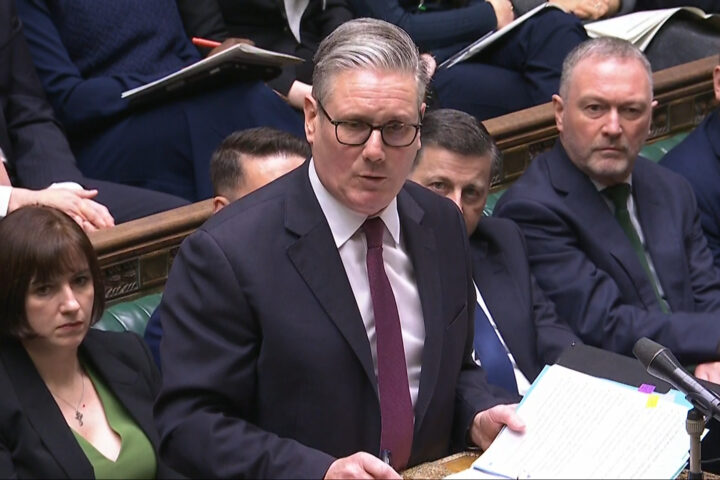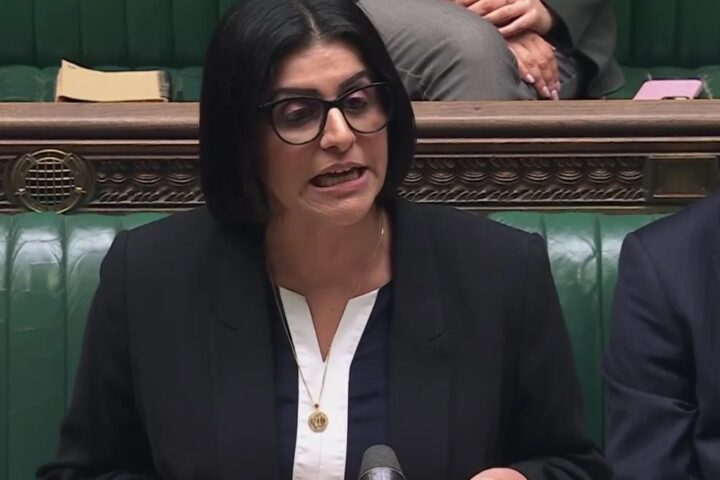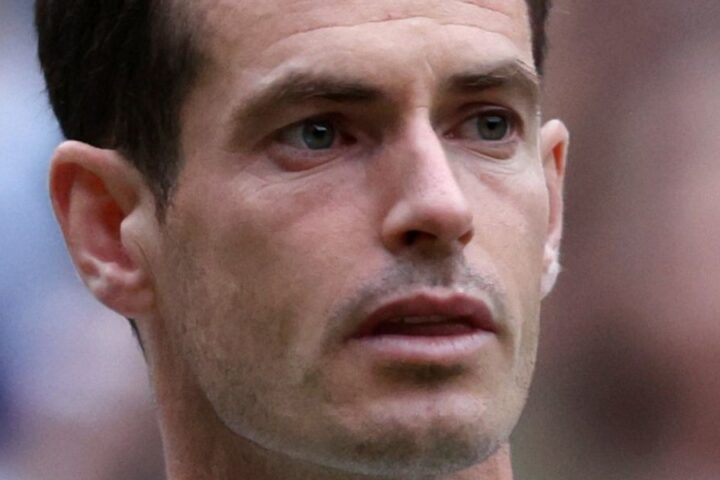On September 19, 2025, Major General Vincent Chousso, head of France’s Space Command, warned that outer space is becoming a theater of active conflict, with Russia playing a leading role in escalating threats. He stressed that Russia’s full-scale invasion of Ukraine had already demonstrated that “space is now a fully operational domain”.
Increasing satellite threats and global warnings
Chousso underlined that adversaries, particularly Russia, are using methods such as signal jamming, lasers, and cyberattacks to disrupt satellites, turning such operations into routine practice. He also noted China’s rapid growth in space capabilities, fueled by the world’s second-largest state investment in the sector after the United States. Alongside France, the US, Canada, and the UK have publicly warned about the mounting risks to satellites that serve both military and economic purposes. Moscow, however, denies any deployment of space weapons and insists it opposes the militarization of space. Canadian Brigadier General Christopher Horner called the presence of more than 200 anti-satellite weapons in orbit “a shocking figure.”
France’s resilience strategy and commercial stakes
According to Chousso, one of France’s top priorities is strengthening the resilience of its space assets, especially low-orbit constellations that are expanding quickly with the rise of Elon Musk’s Starlink network. France recently announced plans to increase its stake in the Paris-based satellite operator Eutelsat, whose OneWeb constellation competes with Starlink. This move reflects Paris’s intention to secure greater autonomy in managing strategic communication systems.
A long-standing security concern
France’s concerns over space security are not new. As early as 2018, Paris accused Russia of using satellites for espionage maneuvers. Such practices have become more common, signaling that space is no longer a neutral arena but a domain of geopolitical confrontation. Protecting satellites has evolved from a technical task to a matter of national security, requiring defenses against physical, cyber, and environmental threats.
New technologies for space defense
Innovations are emerging as key to addressing these challenges. The US startup GuardianSat has developed an autonomous system capable of scanning a satellite’s environment with multispectral sensors, performing evasive maneuvers, and returning the craft to orbit once threats disappear. Future upgrades include laser radar and radio-wave systems for more precise detection. Meanwhile, the French startup Dark is building an Interceptor spacecraft, launched from an aircraft, designed to capture and deorbit hazardous objects or act as a defensive system against hostile satellites, with a first test scheduled for 2027.
Global race for space dominance
The United States remains the undisputed leader in space security, with the largest number of military satellites and the most advanced monitoring systems. China, which launched 45 defense satellites in 2022 alone, has become a strong challenger. NATO formally recognized space as an operational domain in 2019 and is now focused on protecting critical satellite infrastructure, detecting cyber and anti-satellite threats, and shaping international legal norms for responsible behavior in orbit.
Far-reaching consequences for Earth
Although the conflict unfolds beyond Earth’s atmosphere, its consequences reach directly into daily life. Disruptions in space can affect global economies, security systems, communications, and even environmental stability. As the militarization of space accelerates, governments are faced with the urgent challenge of securing this new frontier, where technological innovation could determine national survival.
